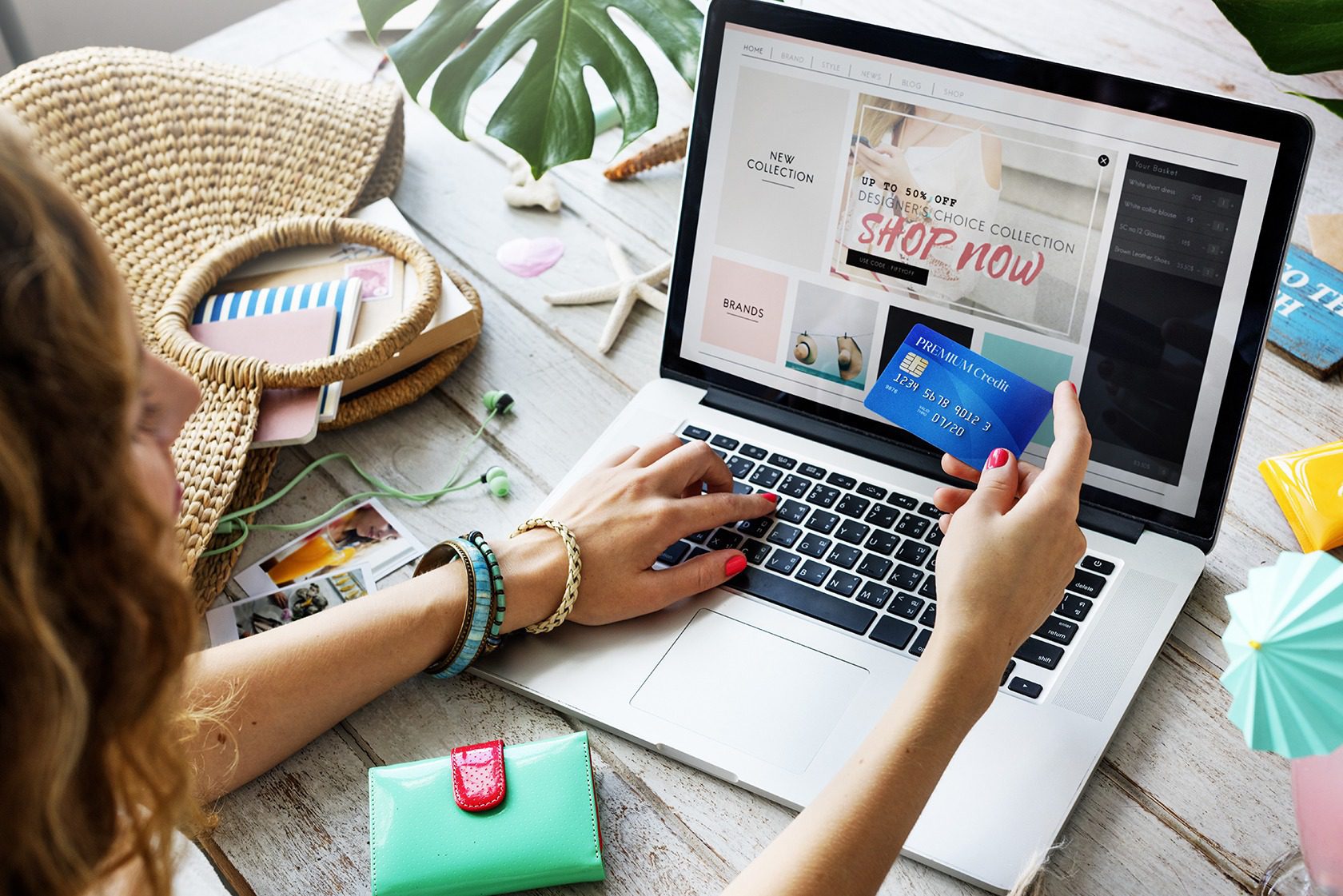It’s no secret that we spend the most time with our mobile phones. From social media to mobile wallets, we have lots of documents and sensitive information on our mobile phones. And we would never want the information to be stolen.
Although most mobile phones today are highly secure, it is crucial to pick the right phone and then apply additional measures to further enhance your phone’s privacy.
For instance, Huawei P50 Pro comes with strict security measures, such as collaborative authentication between connected devices.
That said, in this article, we will discuss the four best ways to secure your mobile phone and ensure data privacy. So without any further ado, let’s get started!
1- Stick to the App Store
Almost every mobile phone allows you to install programs that are not yet published on the app store. Apps are thoroughly checked for malware and spyware before being published on the app store. Also, even after you install apps from the app store, they are regularly scanned for viruses and spyware to ensure they’re safe for you.
However, when you download apps from outside the app store, you will not get the same kind of protection. Therefore, it is recommended not to install apps from third-party sources.
If you use Android, it’s easy. Go to Settings, then head to Security (or search for Unknown Sources) and disable it.
This will alert you when you try to install third-party apps from untrusted sources. This, in turn, will help you ensure security and privacy.
2- Set Secure Passwords
When your phone is lost or stolen, the only thing that will protect your data is a password. The first thing would be to use a screen lock. Although most modern phones have fingerprint and face locks, it is recommended to use secure passwords apart from those locks.
Also, consider how long you want the phone to be idle before locking automatically. In general, 30 seconds is a good time. This will not affect your daily usage while still giving you the best possible protection. Moreover, this will save your battery as the screen goes dark after a set amount of time.
Additionally, if you are using an app lock, make sure to use different, strong passwords for every app. This will make it harder to guess and crack for people with bad intentions. Weak passwords can be cracked in a few minutes, compromising your data security and privacy.
3- Avoid Public Networks As Much As Possible
Using public Wi-Fi can be tempting as you’re getting unlimited free internet. However, did you know that they are the most unsecured networks? Any amateur hacker can use the same network to spy on your online activities. And if you’re using it to access net banking or other confidential information, you risk losing all the data.
No, you don’t need to avoid public networks altogether. However, you need to take additional security measures. For instance, install a VPN on your phone and use it to encrypt your connection while using public networks. This will change your virtual location, saving you from prying eyes. But again, try to avoid doing financial transactions as much as possible on public networks, even when using a VPN.
4- Limit What Your Apps Can Access
No matter which app you install, they ask for various permissions. Many apps ask for permission they don’t even require. For instance, you might have noticed a music app asking for access to contacts and locations. Why do they need to access your contacts if all they do is play songs?
While it is almost impossible to not give access to any information these apps ask, you can still limit what you’re giving permission for. If you don’t like the permission that the app is asking for, deny it, and if that prevents you from accessing the app, it’s time to find a similar app.
Final Thoughts
There’s no way we’re going to stop using our mobile phones. That doesn’t mean we shouldn’t take our data security and privacy into our hands. Therefore, make sure you’re following all the four tips mentioned in this article to safeguard your data.








